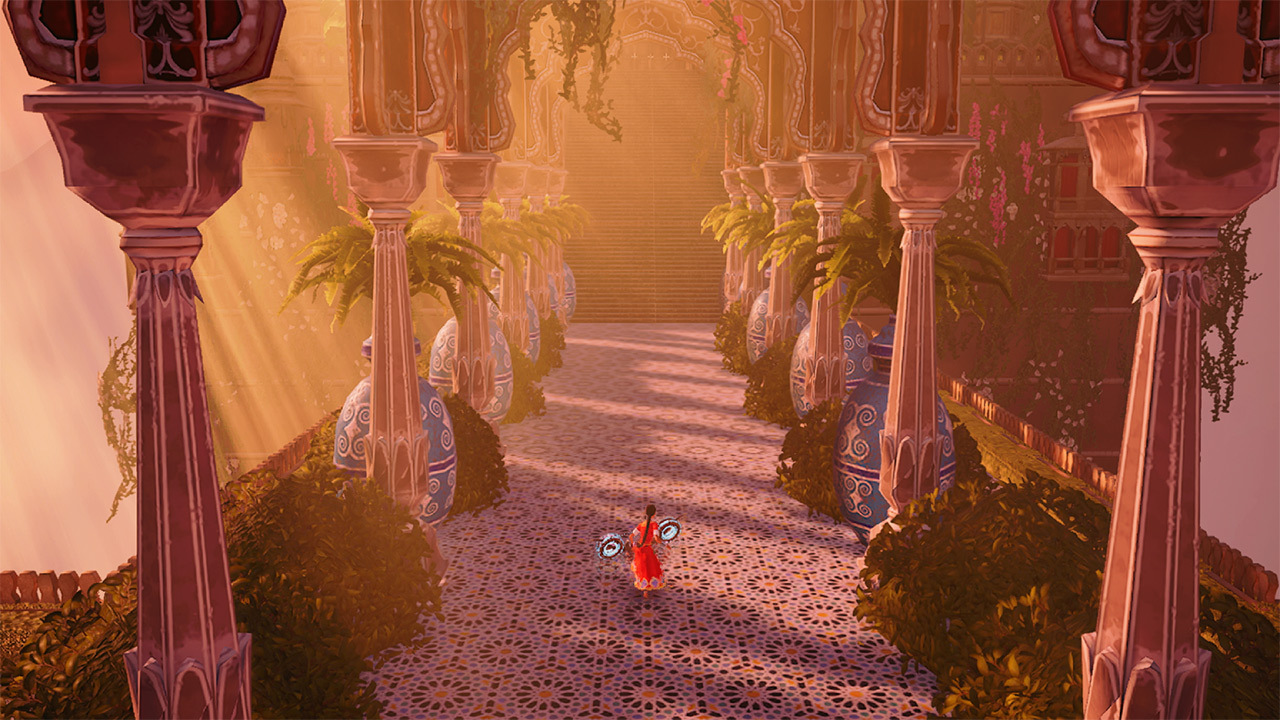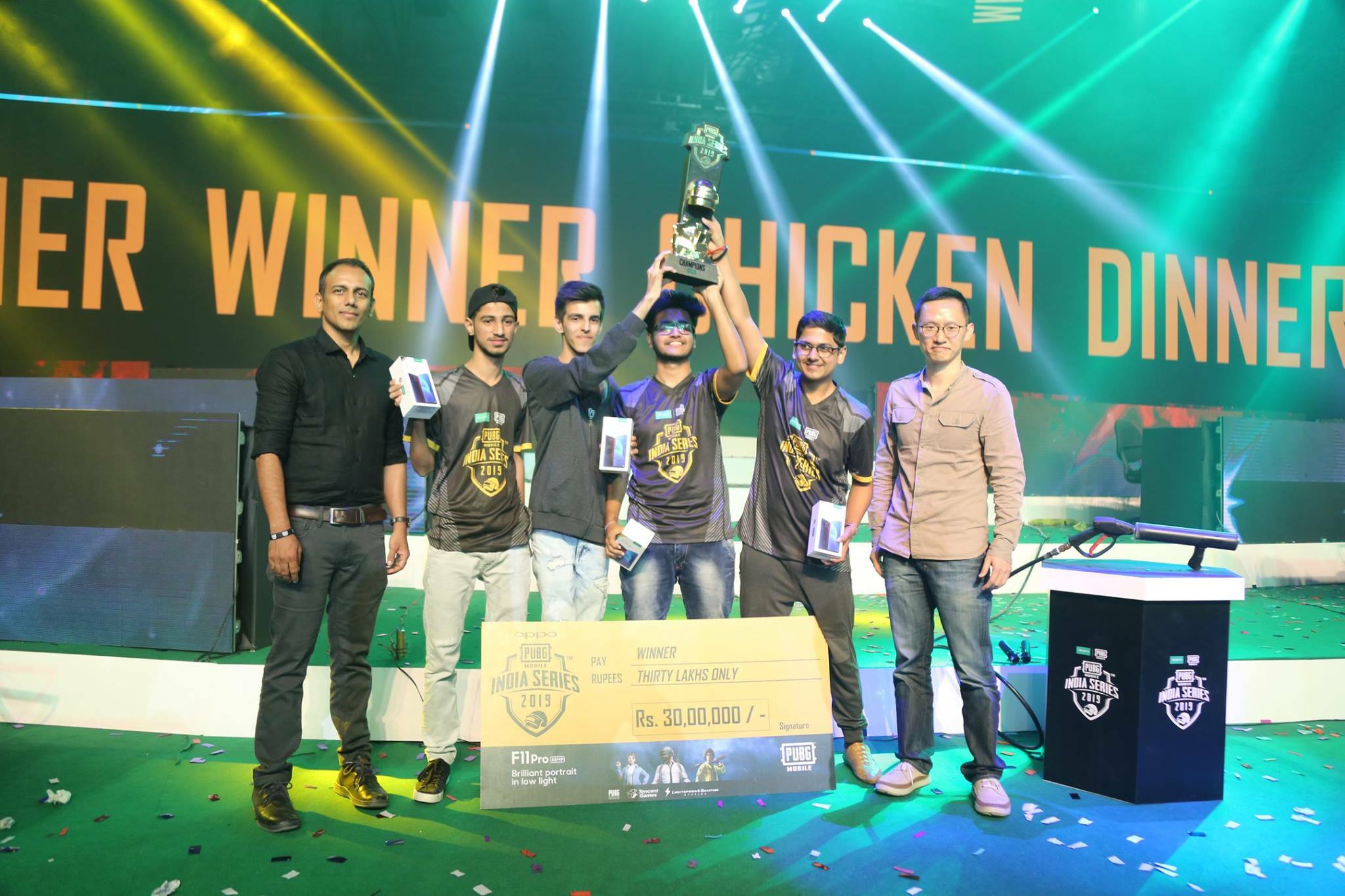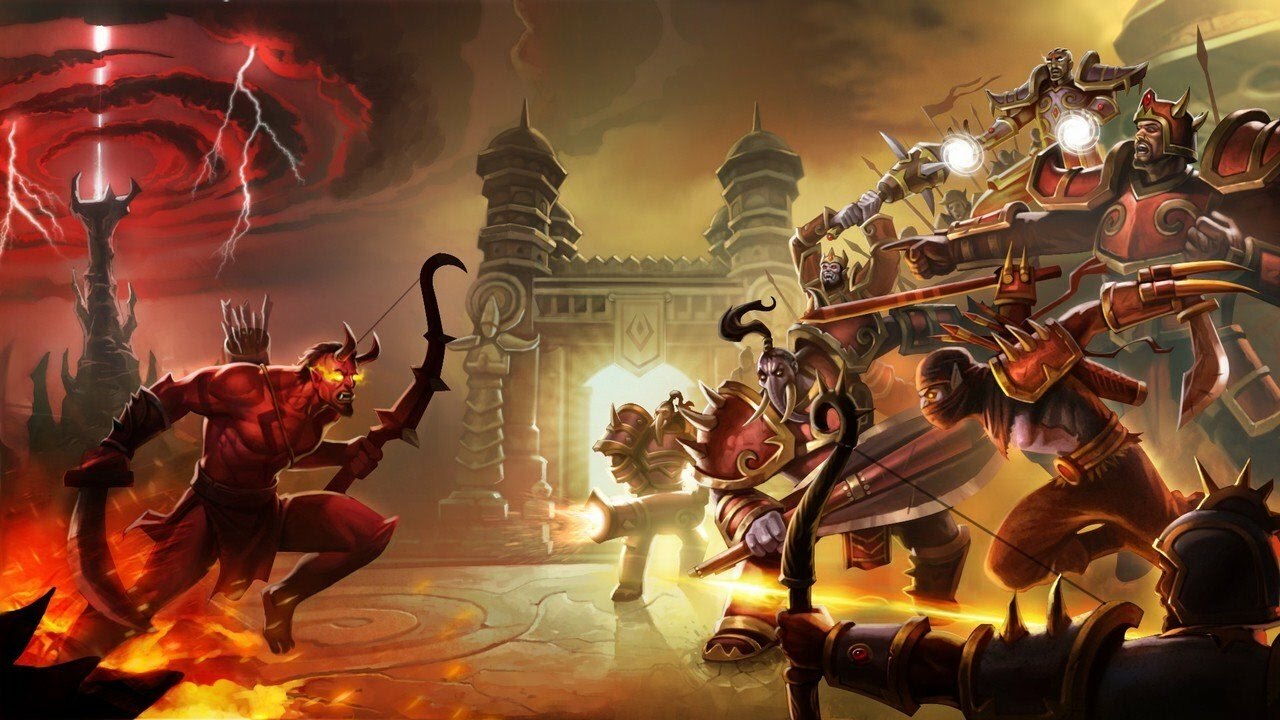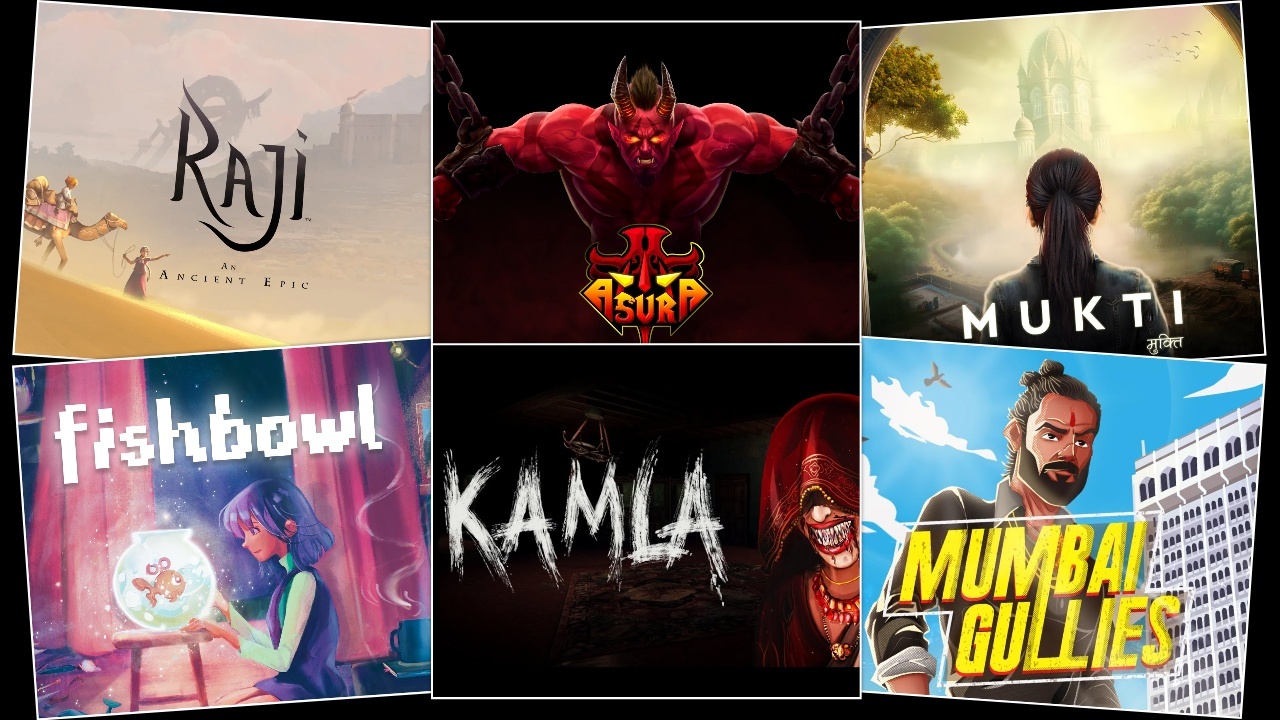We are seeing a new era in Indian gaming, where the rise of innovative homegrown titles is not just about playing the games, but changing the rules, redefining the industry, and leading the gaming market.
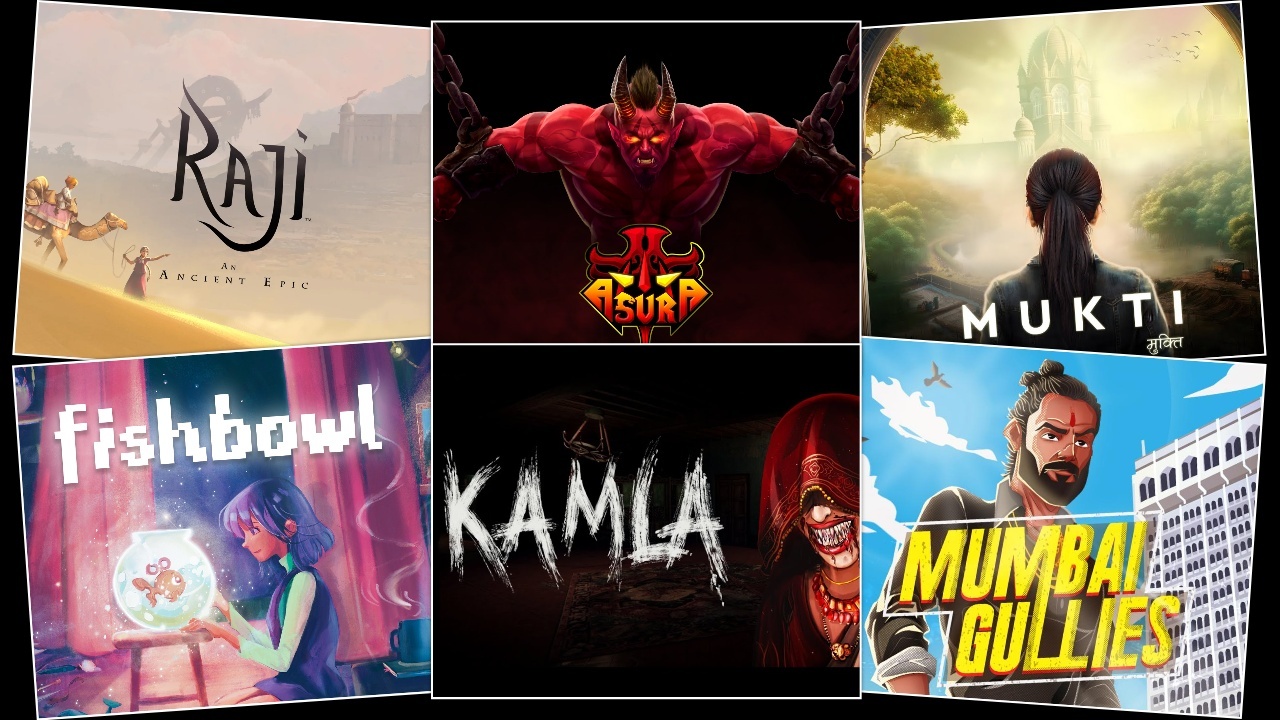
Over the past few years, Indian gaming has seen big changes. Instead of just international games, there are now homegrown ones too, grabbing attention worldwide. This transformation is more than just a change—it's more like a rebirth of Indian gaming.
New data suggests that India's gaming industry, valued at over two billion U.S. dollars, is on track to nearly quadruple by 2027 and this growth of Indian gaming comes from a mix of reasons. Come along as we find out how homegrown games are changing the gaming world and shaping what's to come for the industry.
The Surge of Homegrown Talent: Pioneering the Success Stories of Indian Game Developers
The rise of Indian gaming can be attributed to a sparkling wave of talented developers who are not only technically proficient but also deeply rooted in Indian culture and storytelling.
Unlike many international games that often feel disconnected from Indian players' lived experiences, homegrown titles resonate deeply by incorporating familiar themes, folklore, and settings. Game makers use India's rich history, mythology, and stories to make games that are different and special.
Games like “Raji: An Ancient Epic,” developed by Nodding Heads Games, have set a whole new benchmark for the industry. Steeped in Indian mythology, this action game has gained worldwide popularity, like being nominated for Best New Indie Game at The Games Awards, being shown at Nintendo Indie World, and getting money from Unreal, thanks to its beautiful art and engaging storytelling. Similarly, "Asura" by Ogre Head Studio offers a roguelike experience inspired by Indian lore, showcasing the potential of local stories to engage a global audience.
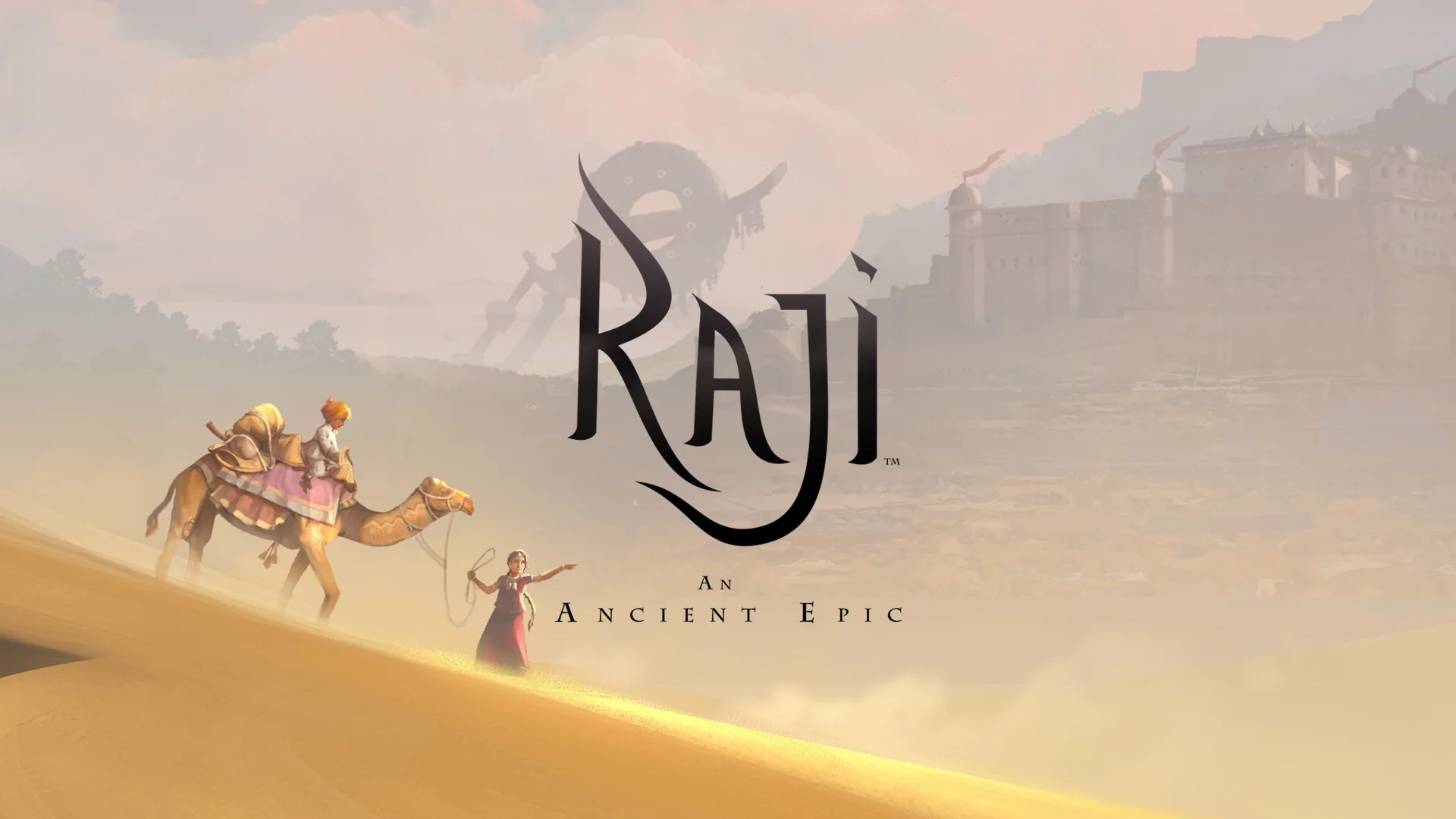
These titles are not anomalies, but part of a developing trend. We have come across some Indian gaming entrepreneurs who made waves in the past few years, and their success stories have motivated many who have just stepped into this cluttered gaming market.
Here are some of the notable Indian games that have been making a mark globally:
- Kamla: Mad-Mantra Games created a survival horror game that is full of Indian themes and religious ceremonies. Here, the player, a priest, must exorcise a woman who is possessed by demons. The game has been getting attention for providing a horrifying immersive experience.
- The Palace on the Hill: Developed by Niku Games, The Palace on the Hill was chosen for Xbox’s program to help 'underrepresented creators’. This recognition brought an international spotlight to the game and showcased the potential of Indian game developers.
- Indus Battle Royale: It is a futuristic battle royale game set on the mythical land of Indus, inspired by Indian culture and mythology. The game has garnered attention for its engaging storyline and high-quality production, making it a standout title in the Indian gaming scene.
- Fishbowl: Developed by Rhea Gupte and Prateek Saxena from imissmyfriends.studio, Fishbowl is an indie RPG game inspired by their own experiences during a time of turmoil. The game has been praised for its unique storytelling and pixel art design.
- Mukti: This is another innovative game set in a fictional Indian town that explores themes of freedom and identity. The game by underDOGS Studio weaves a compelling story through its unique art style, thought-provoking themes, and artistic approach.
- Mumbai Gullies: A popular "GTA-style" game by GameEon Studios is inspired by the vibrant life of Mumbai, and is creating a niche for itself with its relatable and engaging content.
All in all, Indian culture and stories from long ago have made a big impact on video games. And, thanks to the latest technology, these old stories are easy for everyone to see and play on phones, computers, and even virtual reality. It's like bringing old tales to life in a new way for today's world.
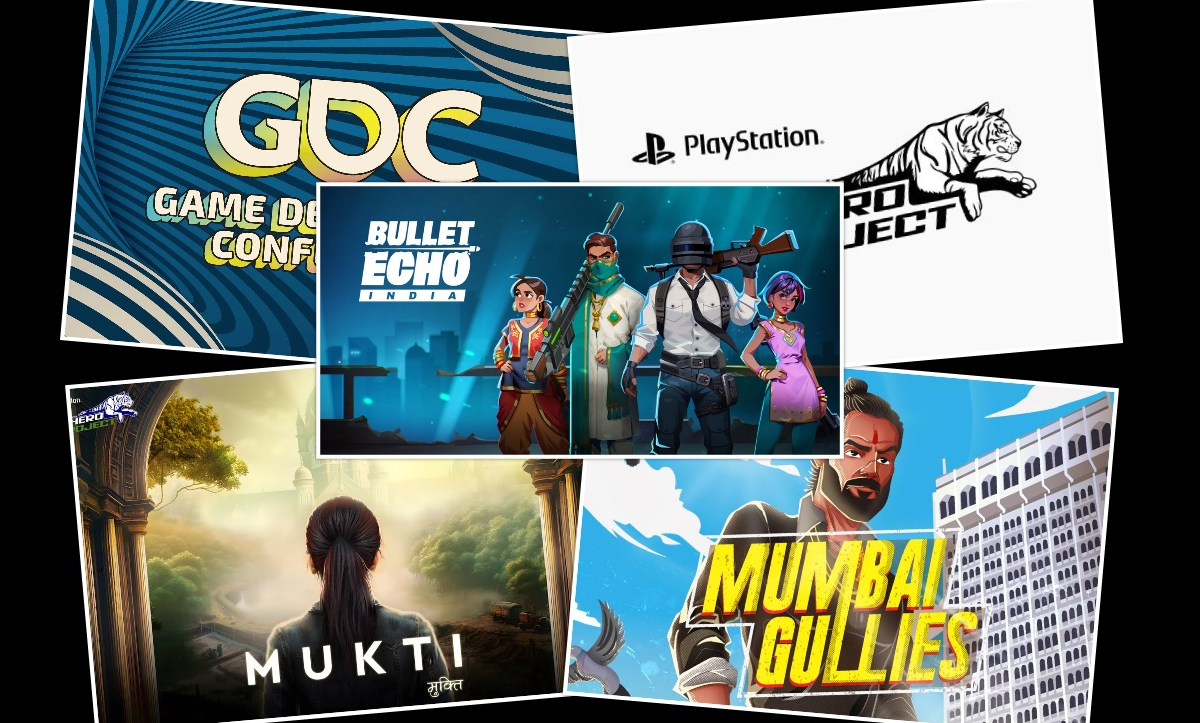
Support Systems: Financial and Promotional Boosts from National and International Entities
The rise of Indian gaming did not come in a vacuum, it owes much to the robust support from national and international entities. Programs from international entities like the Krafton India Gaming Incubator and the PlayStation India Hero Project have been pivotal in nurturing local talent and providing much-needed financial and promotional backing.
The Krafton India Gaming Incubator, for instance, is proof of the commitment of global gaming giants to foster Indian developers. By offering mentorship, funding, and technical support, Krafton is helping to bridge the gap between raw talent and polished market-ready products. This initiative not only aids in the development of new games but also ensures that Indian developers have a fair shot at international success.
On the other hand, the PlayStation India Hero Project is another remarkable initiative that underscores Sony's dedication to the Indian market. By spotlighting Indian games on its platform, Sony is providing unparalleled visibility and credibility to local developers. This kind of exposure is crucial for Indian games to gain traction both at home and abroad.
On the national front, events like the India Game Developer Conference (IGDC) and Indian Game Awards have become pivotal in celebrating and promoting homegrown talent. These platforms not only provide visibility but also facilitate networking, knowledge exchange, and collaboration within the industry.
The Indian government has also recognized the potential of the gaming industry and has taken steps to support its growth. For instance, the recent Creator Awards ceremony saw Prime Minister Modi presenting the first-ever National Creators Award across various domains including the gaming sector. The PM even held a meeting with top gaming creators to discuss the potential of Indian games and even played the hit title, "Raji: An Ancient Epic."
Moreover, initiatives like Digital India and the formation of the Indian Digital Gaming Society (IDGS) aim to foster collaboration between developers, investors, and policymakers to create a conducive environment for the industry’s growth.
Government-backed incubators and accelerators are also playing a crucial role in nurturing startups. The Karnataka government’s AVGC (Animation, Visual Effects, Gaming, and Comics) Center of Excellence is one such initiative that provides resources and mentorship to budding game developers.
All these efforts are crucial in ensuring that Indian developers have the support they need to bring their creative visions to life.
Furthermore, India's gaming industry has also attracted significant foreign and domestic investments. In the last five years, India has raised $2.8 billion from investors, with funding increasing by 380% from 2019 and 23% from 2020.
Technological Innovation and Opportunities for Growth
Indian game developers are not just relying on fun games and cultural elements to stand out; they are also pushing the boundaries of technological innovation with advanced tech like blockchain.
The Indian gaming industry has seen a rise in the use of cutting-edge technologies like augmented reality (AR), virtual reality (VR), and artificial intelligence (AI) to create immersive gaming experiences. And with blockchain, players can actually own stuff in games, like characters or special items. This makes the games more interesting and lets developers make virtual economies.
For instance, "MaskGun," a popular multiplayer first-person shooter developed by SuperGaming, showcases the technical prowess of Indian developers. The game features real-time multiplayer gameplay, a robust customization system, and frequent updates that keep the community engaged.
Its success highlights how Indian developers are capable of competing with global titles in terms of gameplay mechanics and technological sophistication. However, Indian developers must continue to push the boundaries to create more immersive experiences.
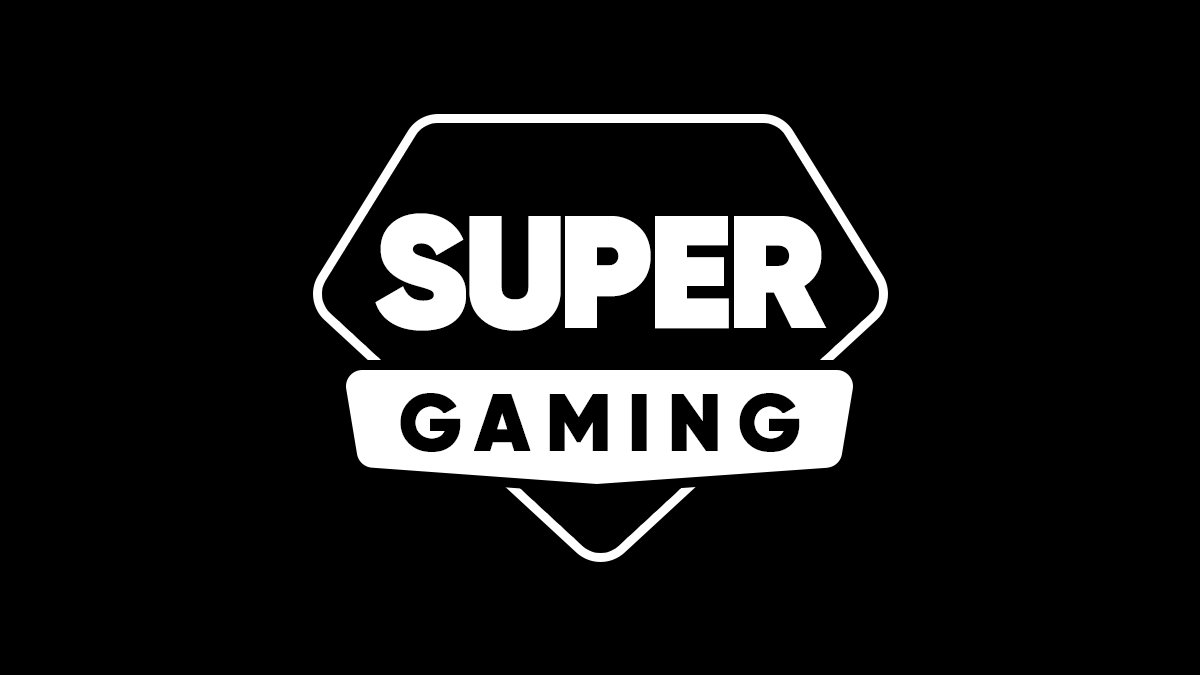
Overall, the rise of homegrown games in India is a big deal. It shows that Indian game creators are making their mark globally. These games stand out with their amazing stories, cultural vibes, and smart technology. They've changed how we see gaming in India and around the world.
Moreover, getting recognition and support from international entities like the KIGI program, or the PlayStation India Hero Project, is huge in itself, and all our homegrown titles are making us proud in this field. Moving forward, it's crucial to keep backing our local talent, helping them come up with even cooler stuff.























